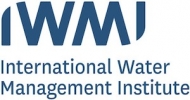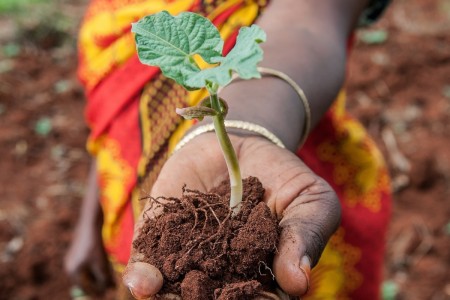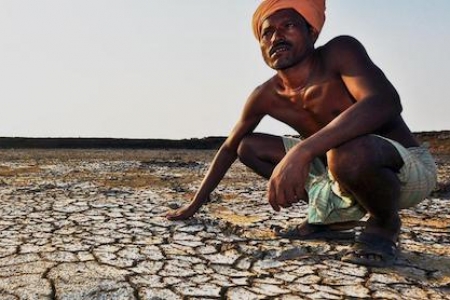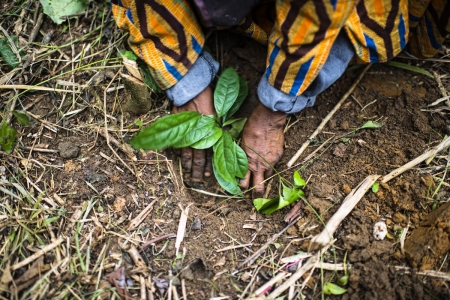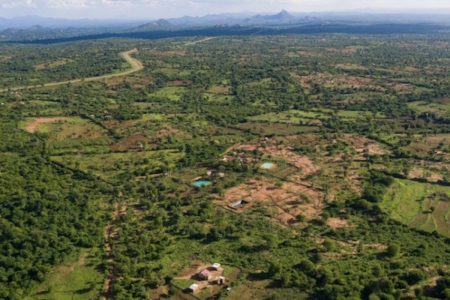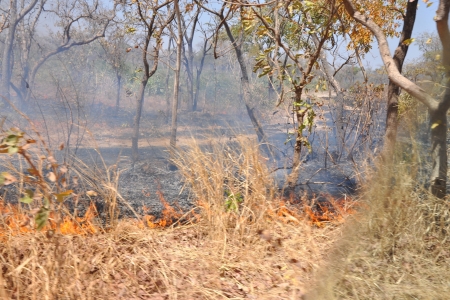The overall aim of the project is to identify physical and institutional interventions to improve water management in the Nile Delta using an integrated approach across scales (from farm to main canal levels) and encompassing water quantity–quality interactions. The specific objectives can be summarised as follows: 1. Identify and develop strategies that address institutional and technical barriers associated with the management of main and branch canals and assess the effectiveness of collective action in the functional operation of water user associations (WUAs) at the mesqa (tertiary) and branch (secondary) canal levels. 2. Develop and assess marwa- and farm-level interventions that improve the productivity of diverse farming systems, and that contribute to increased water productivity under conditions of salinity, while assessing the economic and social dimension of crop choice and water management.. 3. Build an understanding of the temporal and spatial dynamics of salt at several nested and successive scales (farm, meso, main canal/drain levels, fishpond area, lake) to understand the linkages between water management practices and salt movement/accumulation. 4. Develop an understanding of the implications of these cross-scale interactions through the modelling of the whole central delta, and assess the fraction of water that could potentially be ‘saved’ and used in the New Lands under constraints of salt management and sustainability of current uses (rice, aquaculture, fisheries). 5. Build capacity of decision-makers, water managers, researchers, extensionists, farmers and other stakeholders through seminars, targeted training courses in Egypt and formal and informal education and training programs.
menu

